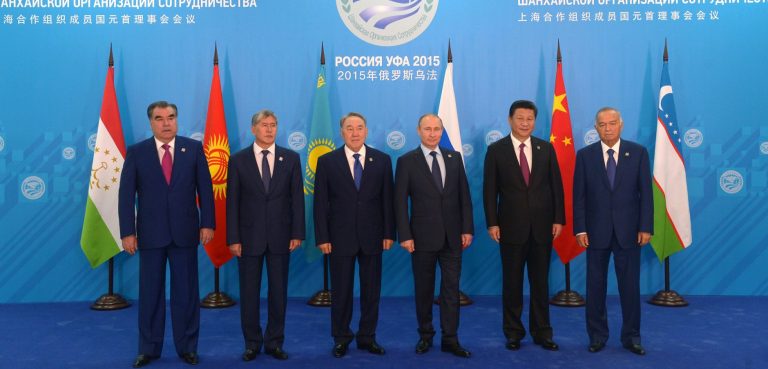China and India, apart from being the world’s two most populous countries, are also neighbouring countries that share a long and illustrious history of cultural, economic, and political exchanges. Though relations between the two nations were cordial to begin with, they soured in the light of the China-India border war of 1962. However, since then, the relations have come a long way and as Indian PM Modi readies to visit China next month, two things that will probably weigh most on his mind will be how to settle the border dispute between the two countries and trim the huge balance of trade in favour of China.
PM Modi’s trip to China will be very significant in more ways than one. Firstly, it will represent a big leap forward in the bilateral ties as it will be the first visit of Modi to China as the Prime Minister. Earlier, in September of last year, President Xi Jinping visited India, but that visit was marred by incursions of Chinese troops into Indian territory, even as the visit was ongoing.
Secondly, China and India share a long border between them, though there is a long-festering border dispute as China claims the Indian province of Arunachal Pradesh and parts of the northern Indian province of Jammu and Kashmir. In order for relations to move ahead in other areas, there needs to be concrete progress on the border issue, which has seen occasional flare-ups.
Thirdly, PM Modi will be under pressure to address the huge trade surplus in favour of China in bilateral trade between India and China. Although Sino-Indian trade stood at $70.65 billion last year, China enjoys a huge trade surplus, with the trade deficit last year standing at $37.8 billion. In addition, China has not given equal access to Indian companies in areas like pharmaceuticals, agriculture and I-T services (which are India’s strengths.)
Fourthly, India has some other areas of concern like China’s “all-weather friendship” with Pakistan and China’s port-building spree in India’s neighbourhood in countries like Pakistan, Sri Lanka, Myanmar and Bangladesh which have dubbed by some as China’s “string of pearls” strategy.
What to expect from the visit
It would be unfair to expect a huge breakthrough from the Modi visit since it will be difficult for either side to make any significant concessions when it comes to the border issue. On the other hand, there could be significant agreements on the economic front. Modi visited China earlier as the Chief Minister of the Indian province of Gujarat and had been successful in getting Chinese companies to invest in Gujarat. Modi was also successful in securing the release of some diamond traders from Gujarat who had been put behind bars in China.
There could also be progress in India’s joint push with China in organisations like the BRICS and in areas like climate change, where both New Delhi and Beijing share common goals.
However, what PM Modi should bear in mind is that China is unlikely to yield much ground on any of the Indian concerns, especially on the border issue. China is also unlikely to budge on the Tibet issue. India has given shelter to the Dalai Lama and a huge number of Tibetans and this is not taken lightly by Beijing. Unfortunately, China is in no hurry to settle the Tibet issue and is prepared to wait till the current Dalai Lama passes away. Meanwhile, China’s “Maritime Silk Road” initiative is designed to steal the thunder from under India’s nose in the Indian Ocean region and New Delhi will have to wade very carefully in order not to fall into China’s trap in the Indian Ocean region.
As seen in China’s approach on territorial issues with countries like the Philippines, Vietnam and Japan, Beijing would not like to cede any ground on issues which appear critical to its “national interest,” like the border issue with India. New Delhi would therefore be well advised not to make any concessions without reciprocity on China’s part. It should strongly put forth that Arunachal Pradesh and Jammu and Kashmir are inalienable parts of India. While it makes perfect economic sense to have closer trade ties with China, India should not let its guard down on security issues. India should also expand its trade basket and try to decrease imports from China unless China is willing to let Indian companies freely enter and operate in the Chinese market. It will therefore call for some very deft diplomacy on the part of PM Modi to ensure that he has some significant takeaways from his upcoming China visit.
The opinions, beliefs, and viewpoints expressed by the authors are theirs alone and don’t reflect any official position of Geopoliticalmonitor.com.




